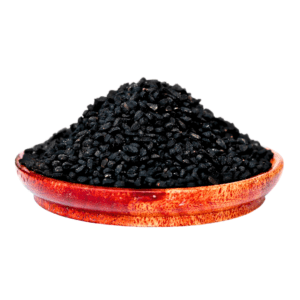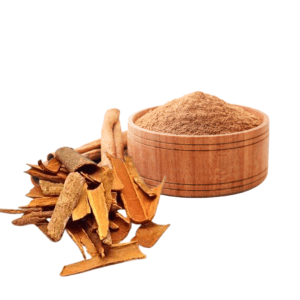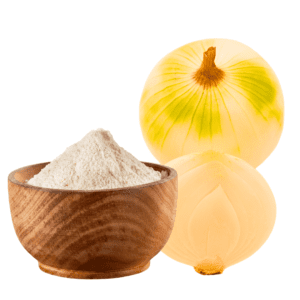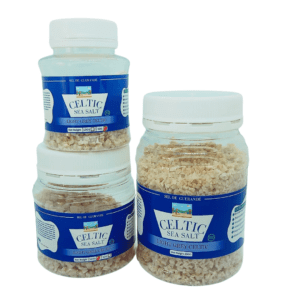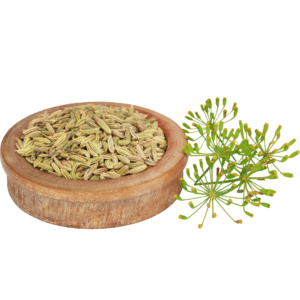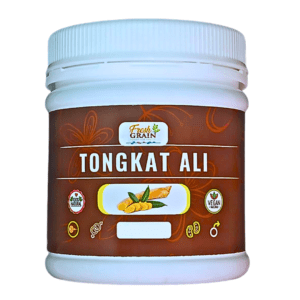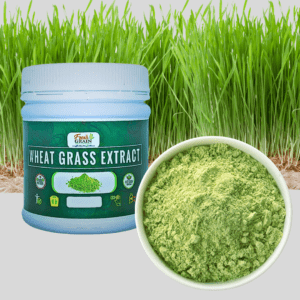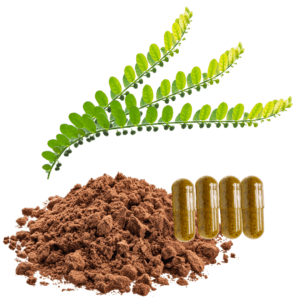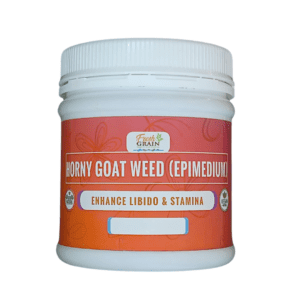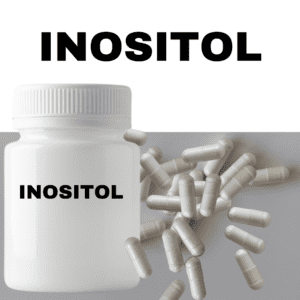Black pepper is one of the most widely used spices in the world, and it may provide remarkable health benefits.
Simply sprinkle it on vegetables or incorporate it into dressings. It’s also delicious rubbed on meat and mixed into curries and soups.
The active component of black pepper, piperine, may combat free radicals and enhance digestion and absorption of beneficial compounds.
Black pepper is generally regarded as safe for use in cooking and as a dietary supplement, but it may significantly enhance the absorption of certain medications and should be used with caution in these instances.
However, for the majority of people, adding black pepper to your diet is a simple way to add flavor and reap health benefits.
People take black pepper orally for arthritis, asthma, upset stomach, bronchitis, a bacterial infection that causes diarrhea (cholera), colic, depression, diarrhea, gas, headache, sex drive, menstrual pain, stuffy nose, sinus infection, dizziness, weight loss , and skin discoloration (vitiligo).
People apply black pepper to their skin to treat pain, measles, nerve pain, and itchy skin caused by mites (scabies).
People inhale black pepper oil to prevent falls, quit smoking, and treat swallowing difficulties.


